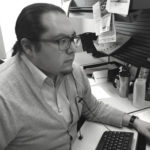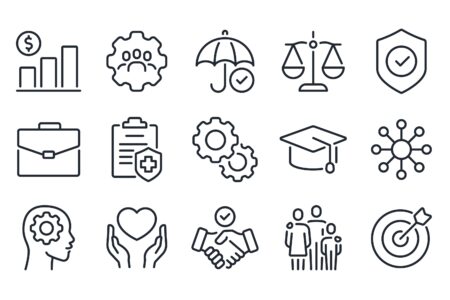
The last year has been a reckoning for so many aspects of our society, revealing that we need fundamental reform in the way the country operates. However, one piece of news that has been shocking to many Canadians is the discovery of hundreds of unmarked graves at residential schools across the country, with thousands more expected to be found.
While many Indigenous people have known about these graves and have tried to shine light on them for decades, they have continued to be hidden from the public by various institutions and governments. But we have to be very clear: Canada has committed a genocide. From the late 19th century up until 1996, Canada forcibly removed over 150,000 Indigenous children from their families in order to, as John A. Macdonald put it, “remove the Indian from the child.”
Canadians are learning that we have an individual responsibility to advance reconciliation. In fact, a new survey conducted by the Environics Institute, along with the Institute for Research on Public Policy and a number of other leading public policy organizations called the Confederation of Tomorrow, showed that the percentage of Canadians who believe individuals have a role in advancing reconciliation has increased from 55 per cent in 2020, to 70 per cent in 2021. These statistics were taken before the news of any unmarked graves came to light, and may have changed since. So if residents of Canada want to enact change where policy has failed to do so, and work collectively toward reconciliation, what can they do?
This week on the podcast we are speaking with Tara Williamson and Robert Houle, researchers at the Yellowhead Institute, a First Nation-led research centre that aims to foster education and dialogue on First Nation governance. We are discussing the role that individuals play in advancing reconciliation, and what steps settlers can take to push for it in their everyday lives.









